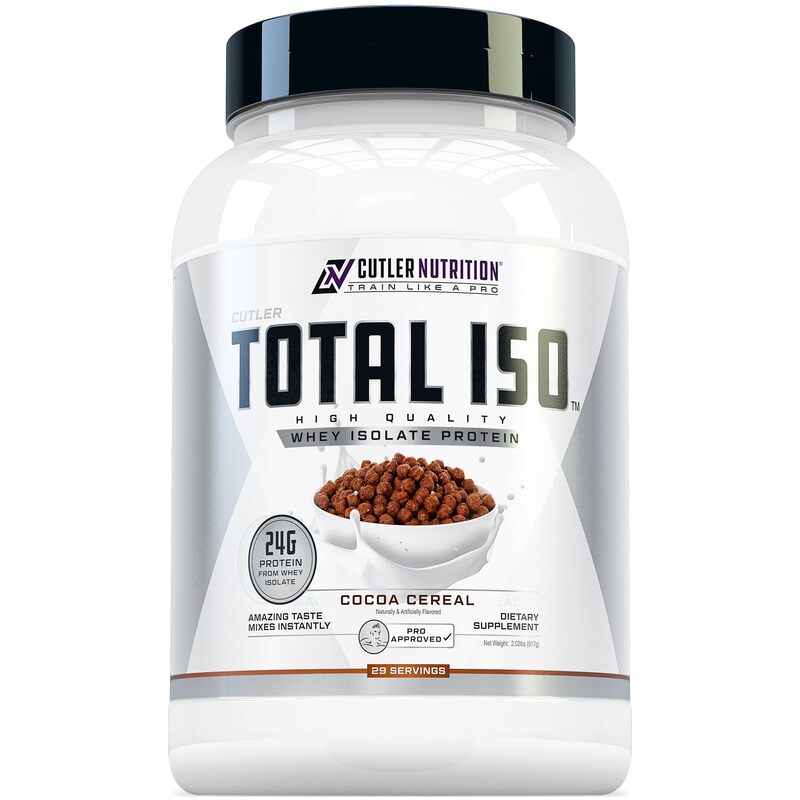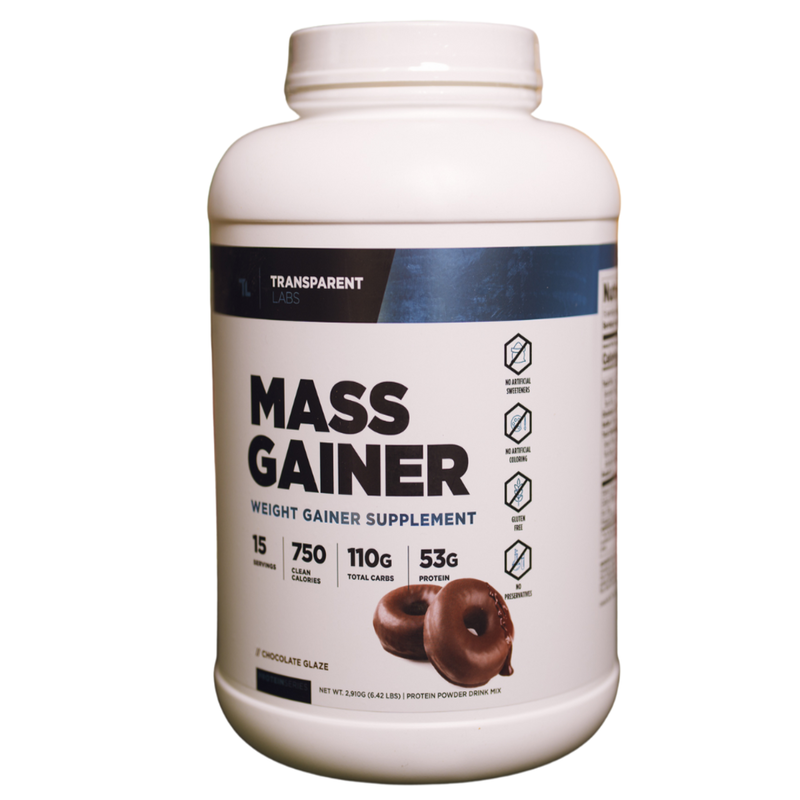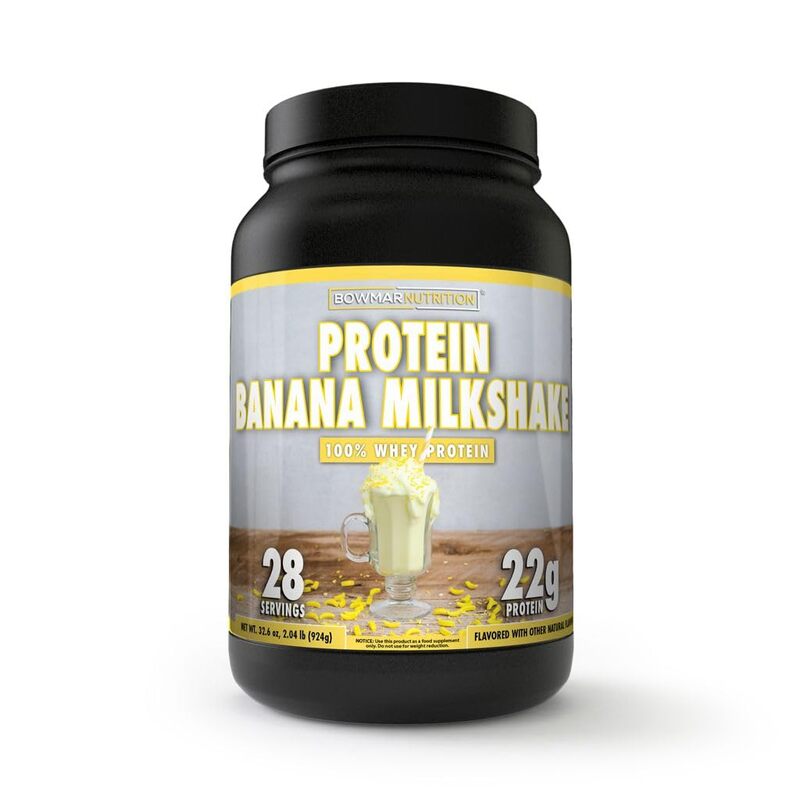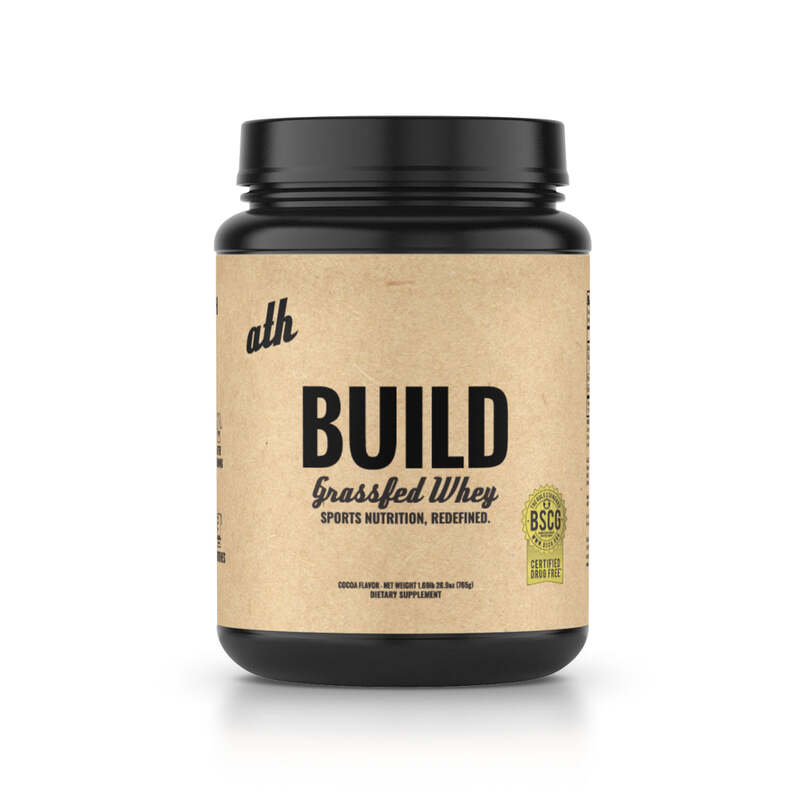Top Contenders for the Best Whey Protein Powder
Choosing the best whey protein powder can be daunting. The market offers a myriad of options. Some powders boast added vitamins or quick-dissolve formulas, while others promise pure protein with no frills. To cut through the confusion, let’s highlight a few standout products that have made waves in 2024.
Best Overall Protein Powder
MyProtein Impact Whey earns praise for its high protein content and low calorie count. It’s a whey concentrate, providing good value for regular gym-goers and those on calorie-restricted diets alike.
Best Value Protein Powder
Huel’s plant-based Complete Protein shines with its blend of pea, hemp, and fava protein. It also impresses with an array of vitamins, minerals, and fiber. It’s a cost-effective choice that doesn’t skimp on nutrients.
Best Protein Powder for Weight Loss
Bulk’s Clear Whey Isolate stands out as a top choice for weight loss. Its low calorie design supports those in an energy deficit while still delivering essential protein.
Best Protein Powder for Muscle Gain
Innermost’s The Strong Protein could be the best buddy for those lifting weights. It packs whey and casein proteins, plus muscle-boosting creatine monohydrate.
Best Vegan Alternatives to Whey Protein
For a vegan choice, the Form Performance Protein is notable. It combines pea, brown rice, and pumpkin seed proteins to match whey’s effectiveness.
These options showcase the breadth of choices available and offer a solid starting point for anyone looking to include protein powder in their fitness regimen or daily diet.

Breaking Down Whey: Concentrate vs Isolate
When exploring whey protein powders, you’ll encounter two main types: concentrate and isolate. Understanding the differences is key to finding the right powder for your needs.
Whey Concentrate
Whey concentrate is less processed than isolate and typically cheaper. It has a modest protein content, usually ranging between 70-80%. It contains more fat and carbs, including lactose, which could cause sensitivity issues for some.
Whey Isolate
Whey isolate, on the other hand, is more refined. It boasts a higher protein content, often over 90%, with minimal fat and lactose. This makes it a great pick for those with lactose intolerance or folks cutting calories. Its purification process results in a somewhat less creamy flavor, but it mixes well and is easily digestible, providing swift muscle recovery post-workout.
Choosing between concentrate and isolate depends on your dietary needs, budget, and taste preference. Consider what you value most: price, protein content, or digestion ease. And remember, both are complete proteins, packed with all nine essential amino acids your muscles crave.
Navigating Protein Powders: What to Look for on the Label
When shopping for protein powder, the label is your guide. It reveals what’s inside the container. Here’s what to check before buying:
Check the Protein Source
Confirm the main ingredient is whey concentrate or isolate. Choice depends on your needs like digestion, lactose tolerance, and diet goals.
Examine the Ingredient List
Aim for powders with few additives. Avoid artificial sweeteners and sugar alcohols if sensitive. Look for minimal ingredients for a cleaner product.
Spot Unwanted Fillers
Some powders may have fillers to bulk up volume. These are not needed. Choose powders that focus mainly on the protein.
Identify Third-Party Testing
Find badges from NSF, Informed Sport, or GMP. This means the product was tested. It assures quality without banned substances.
Notice Serving Size
How much protein per scoop matters. More isn’t always better. Pick the amount that fits your daily needs.
Check for Amino Acid Profile
Complete proteins have all nine essential amino acids. For muscle building, look for high leucine levels.
Look at Flavorings and Sweeteners
Decide if you want natural or artificial flavors. Your taste preference and body’s response matter.
Consider Dietary Restrictions
Whey may not work for everyone. Those with allergies or vegan diets have other options. Pea, soy, and rice proteins are good alternatives.
Follow these tips to make a safe and informed choice. The best protein powder for you fits your lifestyle and meets your fitness and health goals.

The Best Whey Protein Powders for Different Needs
Finding the right whey protein powder can feel overwhelming. With so many brands and formulas on the market, how do you choose one that suits your individual needs? Whether you’re aiming for muscle gain, weight management, or simply searching for a plant-based alternative, there’s a best-fit option for you.
Best Overall Protein Powder
For those who want the top combination of quality, taste, and price, MyProtein Impact Whey is a standout. It offers a high protein amount with low calories, appealing to both gym enthusiasts and those on a budget.
Best Value Protein Powder
If affordability without compromising on nutritional value is your priority, Huel Complete Protein is your go-to option. Its pea, hemp, and fava protein blend plus vitamins and minerals make it a nutritional powerhouse that won’t break the bank.
Best Protein Powder for Weight Loss
Bulk’s Clear Whey fits the bill perfectly for those looking to shed some pounds. The low-calorie formula supports an energy deficit diet while providing ample protein.
Best Protein Powder for Muscle Gain
For the weight lifters, Innermost’s The Strong Protein is packed with muscle-boosting ingredients like creatine monohydrate. A combination of whey and casein proteins ensures sustained muscle nourishment.
Best Vegan Alternatives to Whey Protein
Vegans need not feel left out, as Form Performance Protein offers an exceptional plant-based alternative. Its comprehensive blend of vegan proteins ensures you get all essential amino acids, mimicking whey’s muscle recovery benefits.
Understanding the Role of Amino Acids in Protein Powders
When choosing protein powders, consider amino acids. These are the building blocks of protein. Your body needs them for many tasks, like muscle repair and growth.
Amino acids come in two types: essential and non-essential. Your body can’t make essential ones, so you must get them from food or supplements. Non-essential amino acids, however, your body can produce.
Protein powders often highlight BCAAs – branched-chain amino acids. These include leucine, isoleucine, and valine. They are key for muscle building, making them vital for athletes.
Whey protein is rich in all essential amino acids, which makes it a ‘complete’ protein. That’s why many consider it superior for muscle growth and recovery.
When reading labels, look for a high leucine content if building muscle is your goal. But remember, balance in amino acid profiles is important too. For general health, a varied profile ensures all your bases are covered.
Some powders also contain added amino acids. This can be beneficial, but it’s not necessary if the powder already has a good profile.
In summary, for strong muscles and quick recovery, pick a protein powder rich in essential amino acids. And if muscle growth is your goal, ensure it’s high in BCAAs, especially leucine.
The Pros and Cons of Flavorings and Sweeteners
When choosing a whey protein powder, flavorings and sweeteners are major factors. They can make or break your protein shake experience. To help you decide, let’s weigh their pros and cons.
Pros of Flavorings and Sweeteners
- Improved Taste: Natural and artificial flavorings make shakes more enjoyable. Many people prefer shakes that taste like milkshakes or smoothies.
- Variety: Flavorings offer a range of tastes, from rich chocolate to vibrant berry. This variety keeps your protein routine interesting.
- Sweeteners and palatability: Sweeteners, be they natural like stevia or artificial like sucralose, help balance the natural bitterness of protein.
- Enhanced Product Appeal: Attractive flavors can make a supplement more appealing, encouraging consistent use.
Cons of Flavorings and Sweeteners
- Potential Sensitivities: Some individuals may react to artificial flavorings or sweeteners with headaches or digestive issues.
- Caloric Content: Sweeteners can add unwanted calories, which might not align with weight loss goals.
- Overpowering Flavors: Heavy flavoring can sometimes mask the natural taste of the whey, and might feel overwhelming.
- Artificial Sweeteners: There is debate about long-term health effects of artificial sweeteners, which might deter some users.
Ultimately, your choice in protein powders with flavorings and sweeteners depends on personal preference, dietary restrictions, and health goals. If you choose a flavored protein powder, ensure it fits into your dietary plan without causing side effects.

Protein Powder FAQs: Your Questions Answered
Navigating the world of protein powders can lead to a lot of questions. Here, we aim to answer some of the most frequently asked questions about protein powders to make your decision process easier.
What’s the Best Protein Powder for Beginners?
For those new to protein supplements, a whey concentrate is a good start. It’s less expensive and has a decent protein percentage. It’s also tastier and a bit creamier, making it a friendly option for first-timers.
Can I Take Protein Powder Every Day?
Yes, taking protein powder daily is generally safe if you stick to the recommended serving size. It can be a convenient addition to your regular diet, especially on busy days or after workouts.
How Do I Choose the Right Protein Powder?
Focus on your dietary goals and needs. Consider factors like digestion, flavor preference, budget, and whether you have any food sensitivities or allergies. Check labels for protein content, added sugars, artificial sweeteners, and third-party testing badges.
Do I Need Protein Powder to Build Muscle?
Not necessarily, but it can help. Protein powders provide essential amino acids that support muscle growth, making it easier to meet your daily protein requirements. Look for a powder high in BCAAs, especially leucine, to maximize muscle synthesis.
Are There Vegan Options for Whey Protein?
Yes, there are plant-based protein powders that mimic whey’s benefits. They often combine different plant proteins to ensure all essential amino acids are included. Pea, soy, and rice proteins are popular vegan options.
Can Protein Powder Aid in Weight Loss?
Protein powders can be part of a weight loss regime as they can help maintain muscle mass while in a caloric deficit. Choose a low-calorie powder, like a whey isolate, to align with weight loss goals without sacrificing protein intake.
What’s the Difference Between Whey Concentrate and Isolate?
Whey concentrate is less refined with more fats and carbs, including lactose. It’s creamier and usually cheaper. Isolate is more processed, higher in protein, and has less lactose, fats, and carbs. It’s ideal for lactose intolerant people or those on low-carb diets.
Does Taste Matter in Choosing Protein Powder?
Flavor preferences are personal. While some enjoy chocolate or vanilla flavors, others prefer unflavored powders for versatility. Steer clear of artificial sweeteners or flavors if you’re sensitive to them. Remember, the best-tasting protein powder is the one you’ll enjoy and stick with.
Expert Advice on Incorporating Protein Powders into Your Diet
Introducing protein powders into your diet can be a great way to increase your protein intake. Here are some tips from health experts to help you incorporate protein powders effectively and safely into your daily routine.
Start with Your Goals
Identify why you’re considering protein powder. Are you looking to build muscle, lose weight, or simply boost your protein intake? Your goal will guide which powder you choose.
Balance with Whole Foods
Protein powders should complement a diet rich in whole foods. Don’t rely on them solely for your protein needs. Incorporate a balanced diet of fruits, vegetables, whole grains, and lean proteins.
Timing Matters
Post-workout is an optimal time to consume protein powder. It aids in muscle repair and recovery. However, protein powders can also be a convenient snack or meal replacement when you’re short on time.
Mix It Up
Protein powders are versatile. Blend them into shakes or smoothies, stir into oatmeal, or bake into healthy treats to keep things interesting and tasty.
Keep It Clean
Choose powders with minimal additives and sweeteners. Check labels for artificial ingredients and fillers, and opt for natural alternatives when possible.
Hydration Is Key
When increasing protein intake with powders, also increase your water consumption. Proper hydration helps your body process protein efficiently.
Consult a Professional
If unsure about your dietary needs, consult with a registered dietitian. They can provide personalized advice based on your health goals and nutritional requirements.
Remember, protein powders are a supplement to an already nutritious diet. They can be a convenient part of your health and fitness journey when used wisely.
Where to Find the Best Deals on Whey Protein Powders
Securing the best deals on whey protein powders requires some savvy shopping. Here are tips to find top-quality protein at a discounted price:
- Look Out for Sales: Regularly check online retailers and health stores for promotions or sales.
- Subscribe to Newsletters: Many brands offer exclusive discounts to subscribers. Sign up for newsletters to stay informed.
- Use Price Comparison Tools: Online tools can compare prices from different sellers.
- Purchase in Bulk: Buying larger quantities often reduces the price per serving.
- Opt for Generic Brands: Some generic brands offer similar quality for less money.
- Black Friday Deals: Major discount days like Black Friday often have great bargains.
- Discount Codes: Search for promo codes online before finalizing your purchase.
- Customer Loyalty Programs: Some stores give points or rewards that you can apply for discounts.
- Fitness Expos: Expos may offer exclusive deals. Attend local fitness events.
- Watch for Clearances: Some products go on clearance before new versions are released.
By following these shopping strategies, you can find whey protein powders that fit your budget without compromising on quality. Stock up wisely and save!
